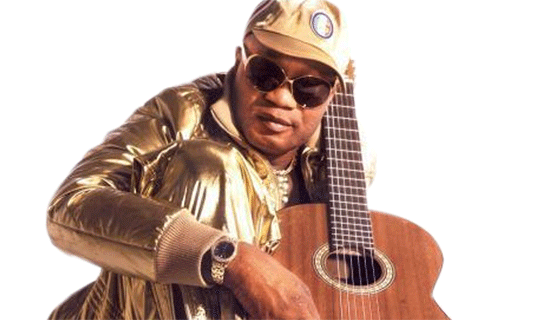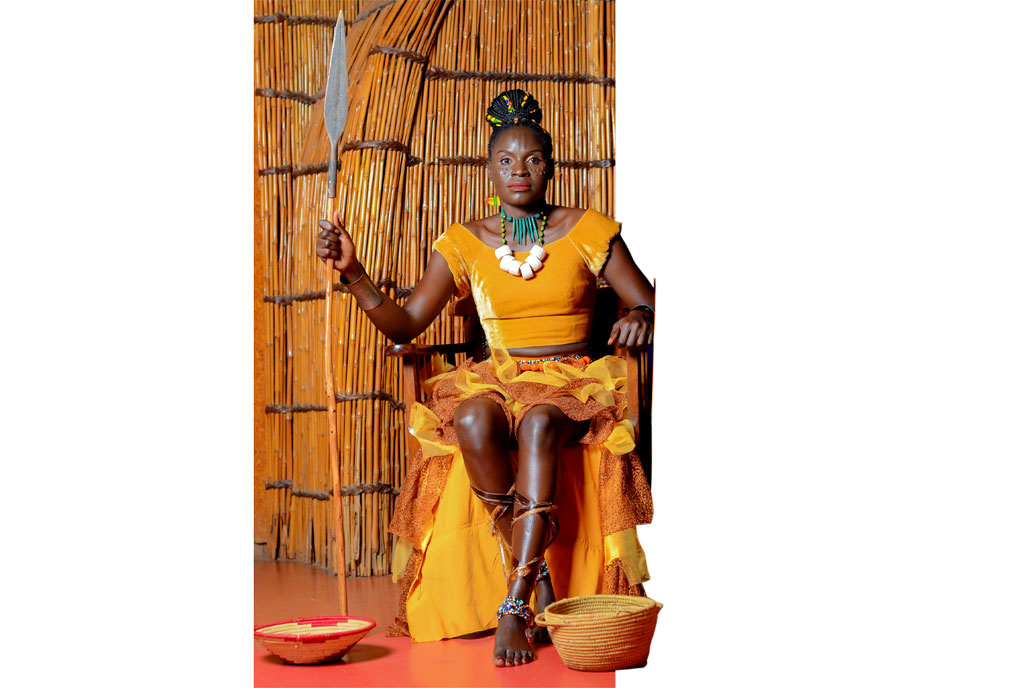- The art. Suzan Kerunen (below) is a fusion artiste, national tourism ambassador (UTB), French language ambassador, a board member of Alliance Française de Kampala and director and co-founder of Pearl Rhythm Foundation (Pearl Rhythm Festival).
- She has done music in her mother tongue Alur-Jonam, Kiswahili, English and French. She speaks to Promise Twinamukye about her music and relationship with French.
How do you describe your music and why did you choose those genres?
My music is folk fusion and folk. It is what I think can best sell my cultures because it exposes a unique indigenous texture of my culture. This is coupled with the dances, rhythms and melodies. It is also a move to preserve these sounds for younger generations.
Why do you choose topics on nature and wild life?
I think I have been a conservationist long before I knew it. I love nature, culture, people and diversity. I am always intrigued by these things in my country and when I travel, I am always at a loss of how best to share my experience with people who may not know.
So, I choose my music as a getway, storytelling and other community projects I do through my foundation.
What was your first song and what does it mean to you?
My first song was Leo, a duet I did with Samuel Ibanda. It was about broken communication between lovers.
You talked about a foundation, what is it about?
My co-founders and I started Pearl Rhythm Foundation to give a platform to grassroot-supported art like I do. A platform that could popularise the sound and make it a household sound.
The foundation brings the annual Pearl Rhythm Festival and the annual Stage Coach Academy which we use to nurture fresh talent in the fusion genre to widen the pool of fusion artistes in Uganda.
The festival happens between October 29 and October 30 at UNCC.
What is your relationship with French as a language?
My relationship with French started in the prime years of my career, as early as 2007. That was through attending the events at Alliance Française, Kampala which was at the National Theatre. I later started performing on their platforms such as the Fete de la Musique (World Music Day) and the Francophonie.
I also got sponsorship from the French Embassy in 2016 to study French. However, I had already studied some French at university.
What have you benefitted from French?
I have gone on tours in East Africa supported and organised by Alliance Française and Institute Française in Khartoum, Burundi, Nairobi, Ethiopia, and Uganda.
My most recent trip was to Ethiopia and Sauti za Busara in Zanzibar. It was also supported by Alliance Française Kampala and Ethiopia and the French Embassy in Addis Ababa.
What was your first salary?
Shs50,000.
Your first job was…?
I worked at 7M Construction Magazine in my Senior Four vacation.
What did you use your money for?
I used it to buy some clothes and later contributed to part of my tuition for A-Level.
What do you think of the music industry?
The Ugandan music scene is ripe and at a good stage, where the good stays and the bad goes.The audience is also aware so is the artiste. I think it is the best time for meaningful growth to take place.
What is your dream in regard to your relationship with French?
Discovering more of francophone cultures and sharing it with more Ugandans as well.
Your favourite French artiste is…?
Many, Yousoun Duor, Sara Tavares, Angelique Kidjo and Ismael Lo. Because even without understanding what they were singing about, they made me appreciate their culture.
Your message to young women is…?
Know your place in the family, your workplace, any environment and take it up 100 per cent.
Best advice…
Follow your dreams. Forget about what the world keeps saying and look for what I want. Once I realised that I can do that, I became who I am.
In your pastime…. I am a mother and I love spending time with my family. I also love travelling, going to the beach and watching films.
What do you think our tourism industry has picked from Francophone countries?
A lot, especially for performing live artistes. The Francophone platform offers opportunities for this kind of art. There is support in terms of residences, collaborations among others which I have benefited from.
It is more than sitting in studio and singing in Uganda.






























































